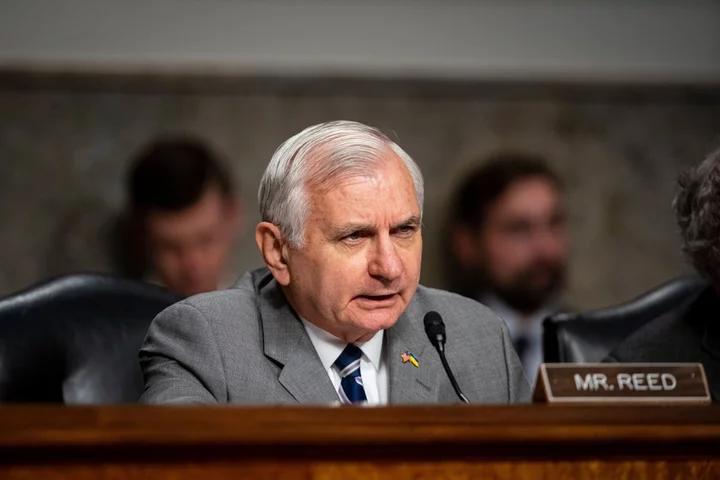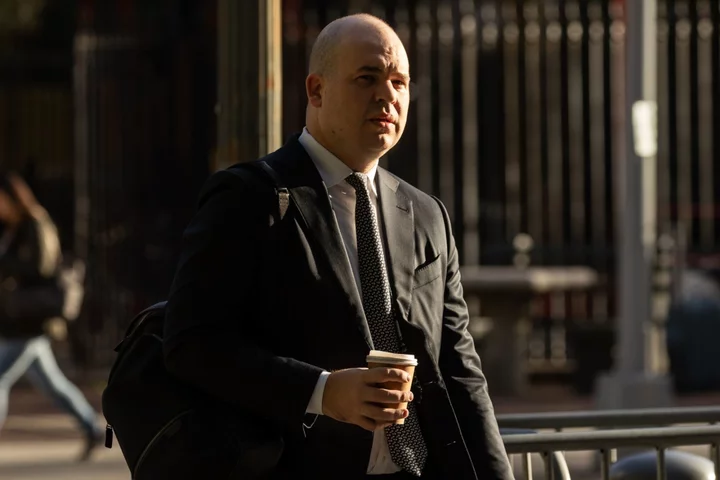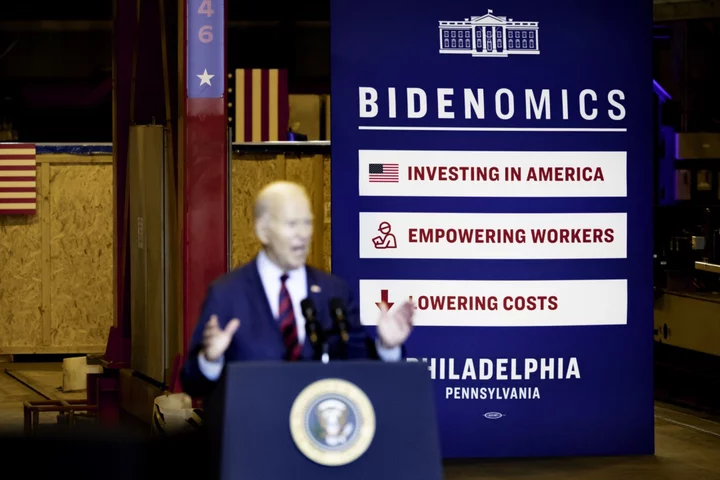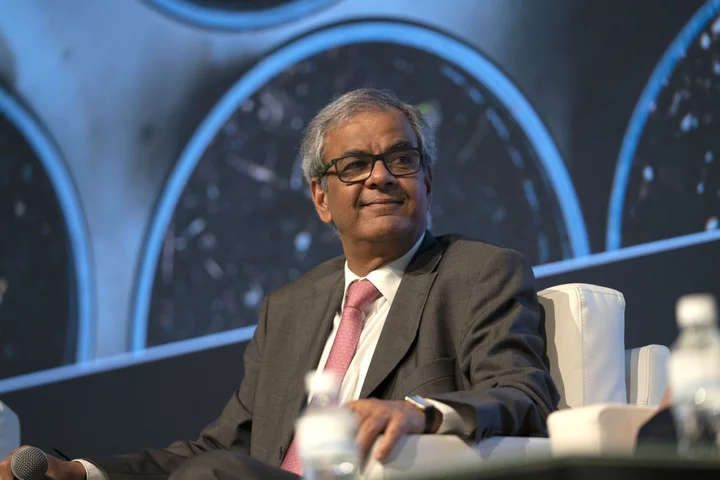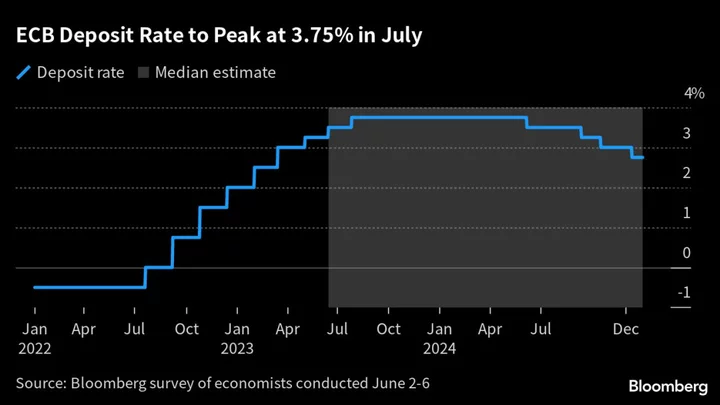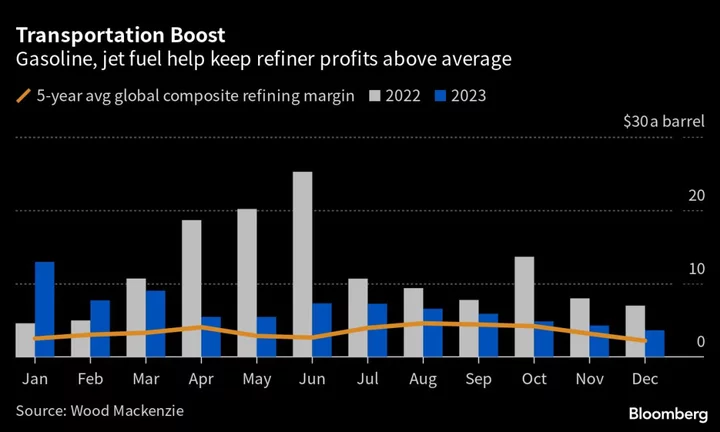A new bipartisan Senate bill would hold venture-capital firms and other large investors accountable in some cases for sanctions violations occurring on decentralized finance, or DeFi, platforms.
The legislation, aimed at preventing criminals from using DeFi for money-laundering and sanctions evasion, is co-sponsored by two Democrats — Jack Reed of Rhode Island and Mark Warner of Virginia — and two Republicans — Mike Rounds of South Dakota and Mitt Romney of Utah.
If a sanctioned person — such as a Russian oligarch — uses a DeFi service to dodge US-imposed restrictions, then the person who controls the DeFi project would be held liable for facilitating the violation, the lawmakers said Wednesday in a news release. If no one controls the service, then that liability passes to investors who have funneled more than $25 million into the project.
Venture-capital investors are some of decentralized finance’s biggest backers and have helped fund projects by purchasing their crypto tokens. For instance, decentralized exchange Uniswap raised funds from major firms like Andreessen Horowitz, Polychain Capital and Paradigm. Andreessen Horowitz currently owns more than 15 million UNI tokens, equivalent to about $88 million, according to data provider Sybil.
Andreessen Horowitz, Polychain Capital, Paradigm and Uniswap didn’t immediately respond to requests for comment.
‘Largely Unregulated’
DeFi platforms, which help facilitate peer-to-peer transactions, are becoming an increasingly popular corner of the crypto market, especially as the Securities and Exchange Commission ramps up enforcement against centralized exchanges like Coinbase Global Inc. and Binance Holdings Ltd.
The agency has said DeFi platforms should also be following securities rules. But so far, they haven’t faced the same level of crackdown.
“DeFi and crypto ATMs are part of a largely unregulated technology that needs stronger oversight and guardrails to prevent rampant money laundering and sanctions evasion,” Reed said. “We must protect the integrity of the financial system from new and emerging threats from the worst criminal organizations and malicious state actors.”
If enacted, the bill would require DeFi platforms to maintain an anti-money-laundering program, keep tabs on their customers, and report suspicious transactions to the Treasury Department’s Financial Crimes Enforcement Network. The rules would be similar to those already in place for other financial entities, including banks and securities brokers, the senators said.
In addition, crypto kiosk — or crypto ATM — operators would have to follow new standards for verifying the identities of users.
“This targeted legislation kicks off an important debate on how to protect our financial system and give law enforcement the tools they need to prosecute bad actors,” Rounds said.
--With assistance from Hannah Miller.
(Adds details on firms invested in DeFi beginning in fourth paragraph.)

